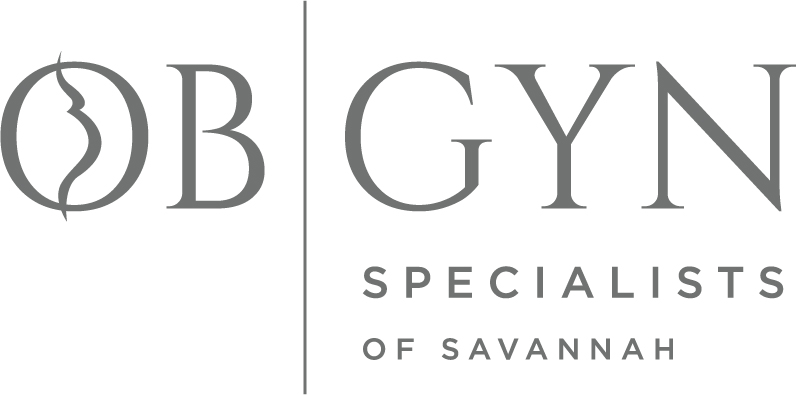Why is prenatal care important?
Regular appointments are important to ensure the health of you and your baby. In addition to medical care, prenatal care includes education on pregnancy and childbirth, plus counseling and support.
Frequent visits with your health care provider allow you to follow the progress of your baby’s development. Prenatal visits also give you and your family a chance to talk to your health care provider about any questions or concerns you have related to your pregnancy, birth, or parenthood. Most health care providers welcome your partner at each visit, as well as interested family members.
What happens on my first medical visit?
The first visit is designed to determine your general health and determine any the factors that might affect your pregnancy. The initial visit is meant to:
-Determine your due date
-Find out your health history
-Explore the medical history of family members
-Determine if you have any pregnancy risk factors based on your age, health, and/or personal and family history
-Assess your health and check for any problems
-You will be asked about previous pregnancies and surgeries, medical conditions, and exposure to any contagious diseases. Notify your health care provider about any medicines (prescription or over-the-counter) you have taken or are currently taking.
What questions should I ask during the visit?
Anything you are concerned about regarding your pregnancy
What is involved in the physical exam?
A thorough physical exam is part of the first visit. The first visit also includes a pelvic exam.
During the pelvic exam, a Pap smear is taken to screen for cervical cancer, and cultures are taken to detect sexually transmitted diseases (such as gonorrhea and chlamydia). In addition, a bimanual internal exam (with two fingers inside the vagina and one hand on the abdomen) will be performed to determine the size of the uterus and pelvis. This exam will also check for any abnormalities of the uterus, ovaries, or fallopian tubes. Your health care provider might listen for the baby’s heartbeat with a special instrument called a Doppler, which uses ultrasound waves (high frequency sound waves). A Doppler usually cannot detect a baby’s heartbeat before 12 weeks of pregnancy.
What lab tests will be performed?
Certain lab tests might be ordered at your first visit, including:
A complete blood count (CBC) — This screens for blood problems such as anemia (low blood count).
RPR — This test screens for syphilis (a sexually transmitted disease).
HIV- screens for Human Immunodeficiency Virus
Rubella — This tests for immunity (protection) against German measles.
HBsAg — This tests for hepatitis B (a liver infection).
Urinalysis — This tests for kidney disease or bladder infections.
Type and screen blood test — This determines your blood type and Rh factor, an antigen or protein on the surface of blood cells that can cause an immune system response.
Screening tests available at request: Cystic Fibrosis, Jewish Panel, CMV, Parvovirus, Varicella, Toxoplasmosis
How is my expected date of delivery determined?
Normally, a woman’s due date is 280 days (40 weeks or about 10 months) from the first day of her last period. However, if your periods are not regular or are not 28 days in cycle, your due date might be different from the “280-day rule.” Your health care provider might order an ultrasound to determine your due date. If you are certain of your conception date (the date when you got pregnant), let your health care provider know. This information can be helpful in determining your estimated date of delivery (EDD). A full-term pregnancy lasts 37 to 42 weeks. Your actual date of delivery can be different from your estimated date of delivery. A very small number of babies are actually born on their due dates.
What steps can I take to help ensure a healthy pregnancy?
Smoking, drinking alcohol, and/or using illegal drugs—even in small amounts—can cause health problems for the fetus. Many of these health problems result in life-long problems for the child. Health care providers recommend that women stop smoking, drinking alcohol, and using drugs completely before they start trying to get pregnant. Women should avoid these substances throughout their pregnancies and after birth, as many of these substances can get into the baby’s system through breast milk.
By eating a healthy diet, you can help ensure that your developing baby has all the nutrients it needs to grow and develop normally. In addition, it is important for pregnant women to engage in regular physical activity. Ask your doctor about the level of activity that is appropriate for you during your pregnancy.
You also can help ensure that you will have a healthy pregnancy by avoiding substances that can be dangerous to the developing fetus. These substances include:
Medicines that can affect the baby’s growth and development
Certain herbal supplements or high doses of vitamins
Chemicals such as pesticides and certain types of paint
Call if you have:
-Unusual or severe cramping or abdominal pain
-Noticeable changes in your baby’s movement after 28 weeks gestation
-Difficulty breathing or shortness of breath that seems to be getting worse
Signs of premature labor including:
-Regular tightening or pain in the lower abdomen or back
-Any bleeding in the second or third trimester
-Fluid leak
-Pressure in the pelvis or vagina
Also call us if you have any of the following during pregnancy:
-A fever over 100 degrees Fahrenheit
-Severe or persistent vomiting
-Severe diarrhea
-Fainting spells or dizziness
-Pain, burning, or trouble urinating
-Unusual vaginal discharge
-Swelling in your hands, fingers, or face
-Blurred vision or spots before your eyes
-Bleeding nipples
-Severe headaches
-Blurred vision
